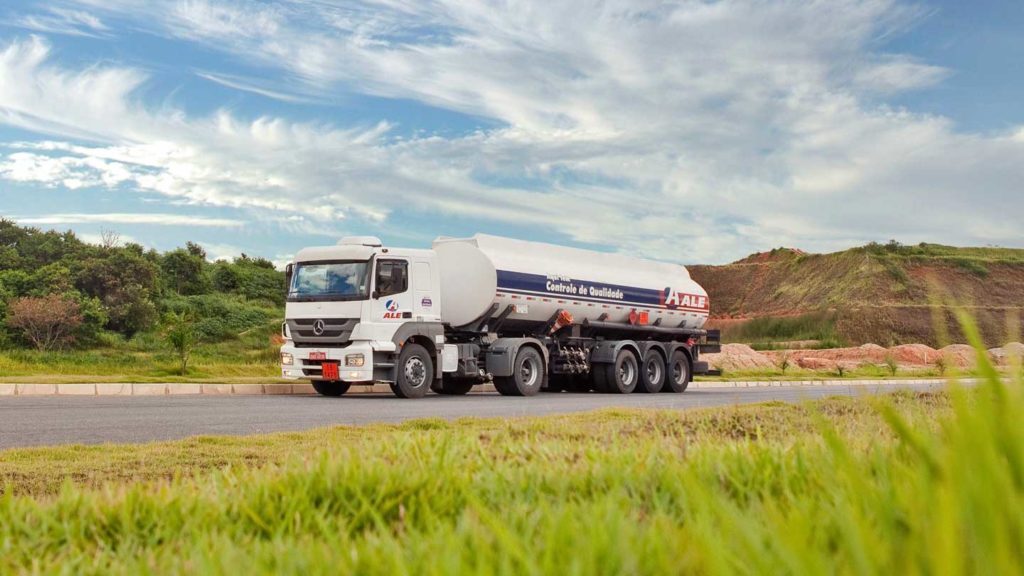As a commercial truck driver, it’s essential to keep your vehicle in top condition. Regular inspections are a crucial part of maintaining the safety and reliability of your truck. By conducting routine inspections, you can catch potential issues before they become major problems, ensuring the safety of yourself and others on the road.
Regular inspections also help to prevent breakdowns and ensure that your vehicle runs smoothly. Catching and fixing small issues early can save you time and money in the long run and keep your truck on the road where it belongs.
In this article, we’ll explore the importance of regular inspections for your commercial truck, what they should cover, and how often they should be conducted to keep you and your truck safe on the road. So, before you look for trucking permit companies, let’s proceed!
Why Regular Inspections Matter
There are several reasons why regular inspections matter for your commercial truck. First and foremost, they help to ensure the safety of you and other drivers on the road. By catching potential issues before they become major problems, you can avoid accidents and other safety hazards.
Regular inspections also help to keep your vehicle running smoothly. When problems are identified and addressed at an early stage, they are less likely to escalate into more complex and costly problems down the road. In the long run, this can save you both time and money by preventing unnecessary vehicle downtime.
What Should Inspections Cover?
To ensure the continued security and efficiency of your business vehicle, regular inspections are required. You want it to include everything from the motor to the safety features. Maintaining the security and efficiency of your business vehicle calls for regular checks.
The brakes, tires, motor, electrical system, and safety devices should all be checked as part of a comprehensive car examination. At the very least, annual checks should be done, and pre-travel evaluations ought to be carried out before each and every journey. While conducting an examination, keep the following in mind:
Brakes
You can’t afford to take any chances on the road with your industrial truck’s brakes. The brake pads and wheels need to be inspected for wear and strain by your technician.
Furthermore, they need to inspect the brake cables for any signs of wear or leakage. Brake problems are a leading cause of crashes, so keeping them in excellent working order is crucial.
Tires
Commercial vehicle tyres are another must-have item. Tire pressure and groove depth should be examined. Any indications of harm or deterioration, such as bulges or punctures, should be checked by your technician. Maintaining your tyres correctly can save you money in the long run and keep you safe on the road.
Engine
In order to maintain your industrial vehicle running smoothly, you need to make sure the motor is in excellent shape. An examination is the time for the technician to look for leakage and other problems, as well as make sure the oil levels are where they should be.
Belts and fittings should be inspected for deterioration, and replacements made as needed. Proper motor maintenance is essential if you want your vehicle to last.
Electrical System
Lights, signs, and other electrical features in your industrial vehicle are all powered by the electrical system. Your technician needs to make sure all electronic parts are functioning correctly during the examination. All of the lights will be on, from the front to the back. It is crucial to check the power system to ensure it is operating correctly before hitting the road.
Safety Equipment
Fire extinguishers and emergency cones are just two of the many pieces of safety tools that must be always carried by all commercial vehicles.
Your technician should check that all safety gear is present and in functioning order during the examination. You can better protect yourself from harm while driving if you do this.
How Often Should Inspections Be Conducted?
The rules in your region and the sort of car you drive will determine how often you must have your vehicle inspected. To be safe, though, checks should be done on a yearly basis, minimum.
If you want to be positive you’re in accordance with the law, you should research the state’s examination requirements as well as the laws governing your region.
Pre-trip checks should be performed before each journey, in addition to routine exams. This will allow you to spot any problems before you leave, giving you the chance to fix them and giving you peace of mind on the road.
Conclusion
When it comes to maintaining your industrial vehicle on the road and in good working order, regular checks are essential. Potential problems can be avoided, time and money can be saved, and the car can remain where it goes on the road if they are detected early and fixed quickly.
You should examine your business vehicle from head to toe, making sure everything works properly. You can rest easy knowing that your car is road-ready and secure if all its parts are in excellent condition.
If you want to make sure you and your passengers are secure on the road, you should get annual checkups and pre-trip checks before every journey.


